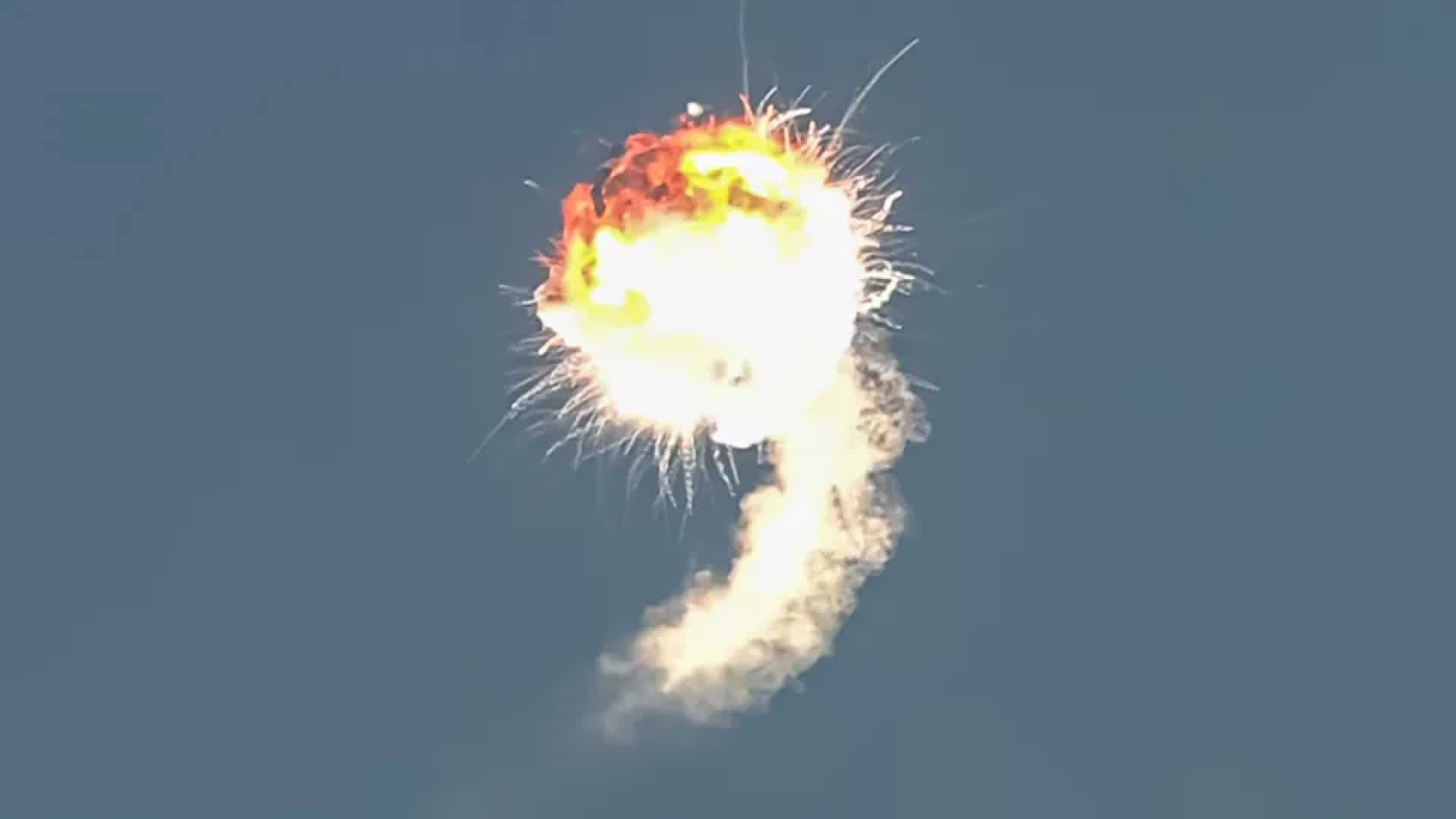Firefly Aerospace’s Alpha rocket exploded minutes after the launch on September 2. The rocket, launched for the first time from the SLC-2 complex at Vandenberg Space Force Base in northern California was attempting to reach orbit.
The launch event was livestreamed and the explosion was caught on camera. According to Firefly, the rocket failed moments after going supersonic and exploded, raining debris around the launch area.
“Alpha experienced an anomaly during the first stage ascent that resulted in the loss of the vehicle,” the company said in a statement on Twitter. It also added that it is working in partnership with the Federal Aviation Administration to conduct a “diligent investigation”, utilizing data obtained from ground and test flight telemetry.
The mission was a test flight and carried multiple items as payload from various institutions around the world.
Firefly Aerospace is a small private aerospace firm based out of Texas, United States. It develops “mid-sized” launch vehicles for commercial operations designed to carry up to 1000 kilograms of payload into low Earth orbit. The company, on its website, says it plans to launch Alpha rockets twice per month, and provide affordable access to space, with each launch costing just $15 million.
The Alpha rocket is the first of the two planned launch vehicles planned for commercial launch by Firefly, the other being the “Beta”. Around 29 meters in length, the rocket utilized two stages to reach orbit.
Founded by Tom Marksic, who has previously worked with SpaceX, Blue Origin and Virgin Galactic, the company has raised over $175 million in investments so far, valuing it at over $1 billion.
Cover Photo: Firefly Aerospace/EverydayAstronaut
